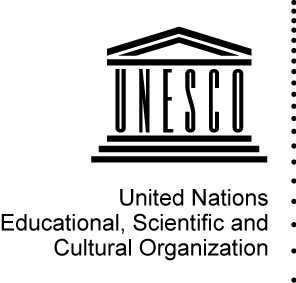REVITALISING THE UNESCO RECOMMENDATION CONCERNING THE STATUS OF THE
REVITALISING THE UNESCO RECOMMENDATION CONCERNING THE STATUS OF THE
|
|
Revitalising the UNESCO Recommendation concerning the Status of the Artist
Survey of Non-Governmental Organizations and other civil society organizations, October 2014 |
Non-Governmental Organizations and other civil society organizations are invited to send to the UNESCO Secretariat information on their implementation of the 1980 Recommendation concerning the Status of the Artist.
Please send the completed survey, by 15 January 2015 at the latest, to: [email protected]
Background and Context
Adopted by the UNESCO General Conference in 1980, the Recommendation concerning the Status of the Artist calls upon Member States to improve the professional, social and economic status of artists through the implementation of policies and measures related to training, social security, employment and tax conditions, in particular for self-employed artists. It also recognises the right of artists to be organised in trade unions or professional associations that can represent and defend the interests of their members.
UNESCO Member States monitor the implementation of standard-setting instruments, including the 1980 Recommendation concerning the Status of the Artist. The latest consolidated report on the implementation of the Recommendation was submitted by the 187th session of the UNESCO Executive Board (Document 187 EX/20 Part VII) to the 36th session of the UNESCO General Conference (Document 36 C/57).
Following examination of this report, the General Conference invited the Director-General to transmit to its 38th session in 2015 the next consolidated report on the implementation of the Recommendation (36 C/Resolution 103).
In addition, the fourth ordinary session of the Conference of Parties of the 2005 Convention on the Protection and Promotion of the Diversity of Cultural Expressions raised questions of artistic freedom, and the social and economic status of the artist in relation to periodic reporting on the implementation of the Convention.
The UNESCO Secretariat is pursuing synergies to monitor these two standard setting instruments on common issues related to the status of the artist, situating them within the larger context of efforts to integrate culture into the post-2015 United Nations development agenda and the WIPO Internet treaties.
Purpose of the Survey
In order to prepare its monitoring reports to the 38th session of the General Conference and the fifth ordinary session of the Conference of Parties to the 2005 Convention, this survey requests Non-Governmental Organizations and other civil society’s organizations to provide information on policies and measures on contemporary developments and key issues related to the status of the artist.
For the purpose of this survey, the following definitions of ‘artist’ and ‘status’ have been adopted on the basis of the 1980 Recommendation.
“Artist” includes authors, creators, performers and interpreters working in the following fields:
Literature and publishing;
Performing and dramatic arts (including puppetry, circus and mime);
Dance;
Music (composers, musicians, singers, choirs, arrangers, conductors, etc.);
Visual arts (painting, sculpture, graphic arts, photography, multimedia, etc.); and
Audiovisual media (cinema, television, radio, interactive multimedia, etc.).
The word “status” signifies:
The standing given to artists in a society based on the important role they play in it; and
Recognition of the liberties and rights which artists should enjoy, including moral, economic and social rights, particularly income and social security.
Contemporary Issues
While the Recommendation covers a wide range of issues that can affect the social and economic status of the artist, this survey concentrates on the most significant contemporary issues.
Digital technologies and the Internet
Digital storage and distribution technologies are changing fundamentally the relationship between artists and their audiences. These forces are also changing the economics and relationships in the cultural industries. Even in the music industry, where the impact has perhaps been the most profound, new business models are still emerging. Internet distribution has enabled some artists to gain new audiences around the world, while some artists experience difficulty protecting their work against unauthorized uses.
Transnational mobility of artists
Some successful artists are able to cross borders easily while others may be unable to obtain the necessary visa even if they are an established professional. When artists do tour, they may be confronted with challenges such as withholding taxes, double taxation, lack of benefits, etc.
Social protection
The vast majority of artists are not employed for purposes of their artistic work. Most work on an independent, contractual or freelance basis. Consequently, there are significant challenges in relation to social security, health insurance, retirement benefits and other social programs which are available to other workers. This is an area where some Member States have developed innovative measures and successful programs, and is also an area in which associations of artists have developed parallel measures.
Freedom of artistic expression
The 1980 Recommendation states “Since freedom of expression and communication is the essential prerequisite for all artistic activities, Member States should see that artists are unequivocally accorded the protection provided for in this respect by international and national legislation concerning human rights.”
In March 2013, the Special Rapporteur in the field of cultural rights submitted a report “The Right to Freedom of Artistic Expression and Creativity” to the UN Human Rights Council. This Report recognized UNESCO related instruments including the 1980 Recommendation concerning the Status of the Artist and the 2005 Convention on the Protection and Promotion of the Diversity of Cultural Expressions. It observes that these instruments help to create and sustain a climate encouraging freedom of artistic expression and the material conditions facilitating the release of creative talents. It stresses that artists are to benefit from the rights and protection provided for in international and national legislation relating to human rights, in particular, fundamental freedoms of expression, information and communication.
Important notes for completing the survey
This survey is in Word format. Please complete the survey by typing answers directly into this form electronically, save it and email it to the following address: [email protected]. The survey should be emailed no later than 15 January 2015.
If you have any particular difficulty in completing this survey electronically, please contact the UNESCO Secretariat for assistance: Rochelle Roca-Hachem, tel.: (33) 1 45 68 44 55 or email: [email protected]
Feel free to attach additional information relevant to a comprehensive understanding.
In each case where there is a reference to “government” please also provide information about sub-national levels of governments where these have authority in the relevant field.
In many countries, different categories of artists can experience different treatment. In particular, creative artists, who tend to work alone (such as visual artists, authors and composers), have different conditions from interpretive artists, who tend to work in groups (such as musicians, singers, actors, dancers and directors). Similarly, there can be significant differences for artists who create on their own and then seek to sell their works, those on short term contracts and those whose contracts may be ongoing (such as television actors contracted to a daily programme). Please provide details where different conditions apply to different categories of artists.
As part of the Report, best practices will be identified in each of these areas, and from each region. If you believe your policy or program is a best practice, or are aware of best practices from elsewhere, please highlight them in your response.
It is very important for UNESCO to understand how its standard setting-instruments are being implemented globally, and to do so we require your support. While we appreciate that resources are stretched, we would be deeply grateful if you could contribute to this process by responding to this this survey, as it will help us all to understand the related trends, challenges, and successes. With more complete results, our Member States can use the information for their future policies and actions.
Thank you for your assistance.
|
|
Status of the Artist 2014 Survey of Non-Governmental Organizations and other civil society organizations |
Please describe your organization:
What is your relationship with professional artists? Please be specific about the medium (media) and the category(ies) of artists.
Digital Technologies and the Internet
The questions below pertain to the implementation of section VI, paragraph 6 of the 1980 Recommendation regarding the employment, working and living conditions of the artist recognising “that national and international legislation concerning the status of artists is lagging behind the general advances in technology.” Member States are called upon “to ensure that the artist is remunerated for the distribution and commercial exploitation of his work“.
What are the major challenges faced by artists today in this field?
|
|
Does your government, or public regulatory agency, have policies or programs which regulate the distribution of artistic works on the Internet (for example, domestic content quotas or preferential access for local artists)? If so, please describe.
Does your government, or public regulatory agency, regulate Internet Service Providers in relation to their production and/or distribution of artistic works? Please describe.
Where artistic works are sold electronically to residents of your country, are domestic works and those from abroad treated the same, or do domestic works have a competitive advantage or disadvantage (for example, relative to sales, value-added or other taxes)? Please describe.
Has electronic distribution of artistic works (particularly movies, music and books) had a positive impact on the income received by artists? Has it eroded existing revenue streams? Please explain.
Does your government, or arts council, cultural agency or other public body, have programs or funds to assist artists to create their works digitally and to make them available on the Internet, including access, marketing and promotion? Please describe.
Has your government ratified and implemented the WIPO Internet Treaties? If so, please explain how rights have been implemented where options are provided in the Treaty. Has implementation resulted in additional income for artists? Please provide details. If you have not yet implemented them, are you considering the possibility of implementing each Treaty? Please explain.
-
WIPO Copyright Treaty
WIPO Performances and Phonograms Treaty
WIPO Audiovisual Performances Treaty
Transnational Mobility of Artists
The questions below pertain to the implementation of the following:
Section IV, paragraph 1 (j, k) of the 1980 Recommendation regarding the vocation and training of the artist calls upon Member States to:
“(j) recognize that artistic life and the practice of the arts have an international dimension and accordingly provide those engaged in artistic activities with all the means and, in particular, travel and study grants, likely to enable them to establish lively and far-reaching contacts with other cultures;… (k) take all appropriate steps to promote the free international movement of artists, and not to hinder the freedom of artists to practise their art in the country of their choice, while ensuring that these do not prejudice the development of endogenous talents and the conditions of work and employment of national artists.”
Article 16, Operational Guidelines paragraphs 3.3.2 (iv) of the 2005 Convention respecting preferential treatment calls upon Parties to:
“(iv) take measures to facilitate the mobility of artists, other cultural professionals and practitioners, and, in particular, to favour those from developing countries who need to travel to developed countries for professional reasons. These measures should include, in conformity with the applicable provisions in this respect, for example: simplification of procedures for issue of visas regarding entry, stay and temporary travel; lower costs of visas etc.”
What are the major challenges faced by artists today in this field?
|
|
Has your government taken measures to promote the OUTWARD movement of your artists? Please describe.
Are public and/or private sector touring funds available for your artists who have been invited or wish to work abroad? Please describe.
Are there legal requirements which artists (and/or their agents or producers), who are intending to work abroad, must meet? Please describe.
Do your artists pay domestic tax on the income they receive when they are working abroad? If yes, do they receive credit for taxes which they may pay to foreign governments on the income they earn abroad?
Are your artists who work abroad disadvantaged with respect to coverage for social programs (e.g. health and retirement)? Please describe.
Does your government have concerns that the outward movement of your artists is having negative consequences for your arts and culture? Please describe.
Has your government taken measures to promote the INWARD movement of foreign artists?
Are foreign artists required to obtain a visa to work in your country? If so, are there special provisions for artists? Does each member of a troop or company require an individual visa or are group visas available?
Artists in some fields require technicians and other support personnel. Are these persons able to obtain a visa to work in your country? If so, are there special provisions for such technicians and support personnel?
Are foreign artists working in your country required to pay income or other taxes on the income they earn in your country? Please describe.
Are there tariffs or restrictions on the importation of equipment required by an artist (instrument, camera, etc.)? Please describe.
Does your government have concerns that foreign artists may be taking work opportunities from domestic artists?
If your government is Party to the UNESCO 2005 Convention on the Protection and Promotion of the Diversity of Cultural Expressions, have you entered into any agreements that invoke the provisions of Article 16 respecting the movement of artists and other cultural practitioners? Please describe.
Have you entered into any agreements that relate to preferential access for artistic works? Please describe.
Social Protection of Artists
The questions below pertain to the implementation of Section V of the 1980 Recommendation on the social status of artists calling upon Member States to provide the economic safeguards to which artists are entitled as people actively engaged in cultural work and Section VI on means to improve the employment, working and living conditions of the artist.
3.1 Please specify whether artists who are self-employed, freelance or independent contractors (that is, not employed for purposes of their artistic work) are covered by the different social protection programs.
|
Social Program |
Variables to Report
Which categories of artists are covered by the programs?
What percentage of those artists is actually covered by the program?
What is the legal basis for the program?
How the program is funded (the artist, the person who contracts for their services and/or tax revenues).
|
|
Basic medical care |
|
|
Health insurance (e.g. for non-covered medical services, medication, etc.) |
|
|
Workers compensation (coverage for work place injuries) |
|
|
Income protection during periods in which they are not working |
|
|
Insurance schemes for illness, parental leave or disability (please describe) |
|
|
Retirement benefits |
|
|
Career transition |
|
Freedom of Artistic Expression
The questions below pertain to the implementation of paragraphs 3, 6 and 8 of the Guiding Principles of the 1980 Recommendation that instill upon UNESCO Member States a “duty to protect, defend and assist artists and their freedom of creation. For this purpose, they should take all necessary steps to stimulate artistic creativity and the flowering of talents, in particular by adopting measures to secure greater freedom for artists without which they cannot fulfill their mission… Since freedom of expression and communication is the essential prerequisite for all artistic activities, Member States should see that artists are unequivocally accorded the protection provided for in this respect by international and national legislation concerning human rights”.
What are the major challenges faced by artists today in this field?
|
|
Do artists have statutory protection of freedom of artistic expression? Does your government have an official policy relating to artistic freedom? Please describe.
What challenges does your country face that may limit freedom of artistic/creative expression as prescribed by the guiding principles of the 1980 Recommendation?
With respect to public funding programs, whether those are administered by the state, an arts council, cultural agency or other public body, what are the rules and regulations relating to the nature or content of the artistic expression?
What mechanisms ensure that all artists can compete equally for support, regardless of race, gender, age, political or religious belief, etc.
Tags: concerning the, legislation concerning, concerning, status, recommendation, revitalising, unesco
- 77927 BARRIERS TO ENTRY AND RETURNS TO CAPITAL IN
- REPUBLIKA HRVATSKA ISTARSKA ŽUPANIJA GRAD BUJEBUIE POVJERENSTVO ZA PROVEDBU
- EEB1 – YEAR 6 – VOYAGES SCOLAIRES – SCHOOL
- POSTDOCTORAL EARLY TERMINATION FOR LACK OF FUNDING LETTER TEMPLATE
- 7 JOHN ROBINSON (1829–1864) BY PATRICIA LOVELL JOHN
- O DR501PGP R 1112 RULE 12D16002 FLORIDA ADMINISTRATIVE CODE
- 7 RITA SEVERI (UNIVERSITY OF VERONA) VERNON LEE A
- SOBRE EL PROCEDIMIENTO DE PRESENTACIÓN DE SOLICITUDES PARA REALIZAR
- VOYAGE DU TEMPS MIRMANDAIS 21 XXE SIÈCLE 1900
- UNIVERSIDAD DE BURGOS EJERCICIO 201 ORGANICA PROGRAMA
- 02301170101 2381204217215 26072017 NA TEMELJU ČLANKA 29 ST 2
- DEAR COUNCILLOR JULY ‘13 HIGHLAND ROAD SAFETY GROUP
- PERSONAL DETAILS FORM OFFICE USE ONLY REF POSITION BEING
- SÉMINAIRE LIONS JEUDI 12 NOVEMBRE À 14H30 PCE
- HOW TO PREDICT THE VALUE OF Y USING A
- 7 OPINION PUBLICA Y PODER POLITICO INTRODUCCIÓN LA
- LA NUEVA ‘MARCA’ DE RTVE NO ENTIENDO LA SUSTITUCIÓN
- C ARQUEBISBE ALEMANY 5 08500 VIC TEL 93 883
- HAULUNDVEJ 9 DK6870 ØLGOD DENMARK TLF +4575246609 FAX +4575246610
- OMPIJPIBUE061 DO PÁGINA 6 S OMPIJPIBUE061 DO ORIGINAL ESPAÑOL
- DIRECCIÓN JURÍDICA AUDITORÍA SUPERIOR DEL ESTADO DE YUCATÁN
- ŠTEVILKA 03422014 DATUM 17 JUNIJ 2014 ZAPISNIK 19
- GAMA PROMET DD TRG KRALJA TOMISLAVA 4 ZAGREB TEMELJEM
- 13 ALLAN MACRAE JEREMIAH LECTURE 2 © 2013 DR
- B 98045 RICKS JOINT PROCUREMENT PLAN VERSION OF APRIL
- 7 NA TEMELJU ČLANKA 14 ZAKONA O PRORAČUNU (NARODNE
- REDE NACIONAL DE DADOS PAGINA 1 SUBCOMISSAO DE
- INFORMACJA PRASOWA 28 LISTOPADA 2014 OSTATNIE DNI REJESTRACJI DO
- GLOSSA N 94 – 30 GIUGNO 2010 AUMENTO GRATUITO
- 54 5199 THE RADIO PLASMA IMAGER INVESTIGATION ON THE
 ASPECTS OF SUSTAINABILITY – A GRAPHIC ORGANISER THIS GRAPHIC
ASPECTS OF SUSTAINABILITY – A GRAPHIC ORGANISER THIS GRAPHIC PRETPLATNIČKI UGOVOR VERZIJA 13 NA OSNOVU ZAKONA O ELEKTRONSKOM
PRETPLATNIČKI UGOVOR VERZIJA 13 NA OSNOVU ZAKONA O ELEKTRONSKOMANEXO II PROTOCOLO JUSTIFICATIVO DE LA INDICACIÓN PARA EL
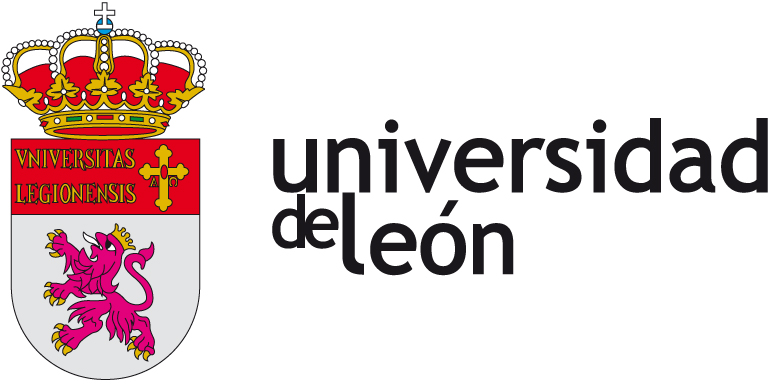 OTORGAMIENTO DE CRÉDITOS POR PRÁCTICAS EN EMPRESAS EL ALUMNOA……………………………………………………………………CON
OTORGAMIENTO DE CRÉDITOS POR PRÁCTICAS EN EMPRESAS EL ALUMNOA……………………………………………………………………CON GUÍA DOCENTE DE ASIGNATURA 1 DATOS DE LA ASIGNATURA
GUÍA DOCENTE DE ASIGNATURA 1 DATOS DE LA ASIGNATURA T ÊN ĐƠN VỊ NGÀY THÁNG NĂM BÁO CÁO
T ÊN ĐƠN VỊ NGÀY THÁNG NĂM BÁO CÁO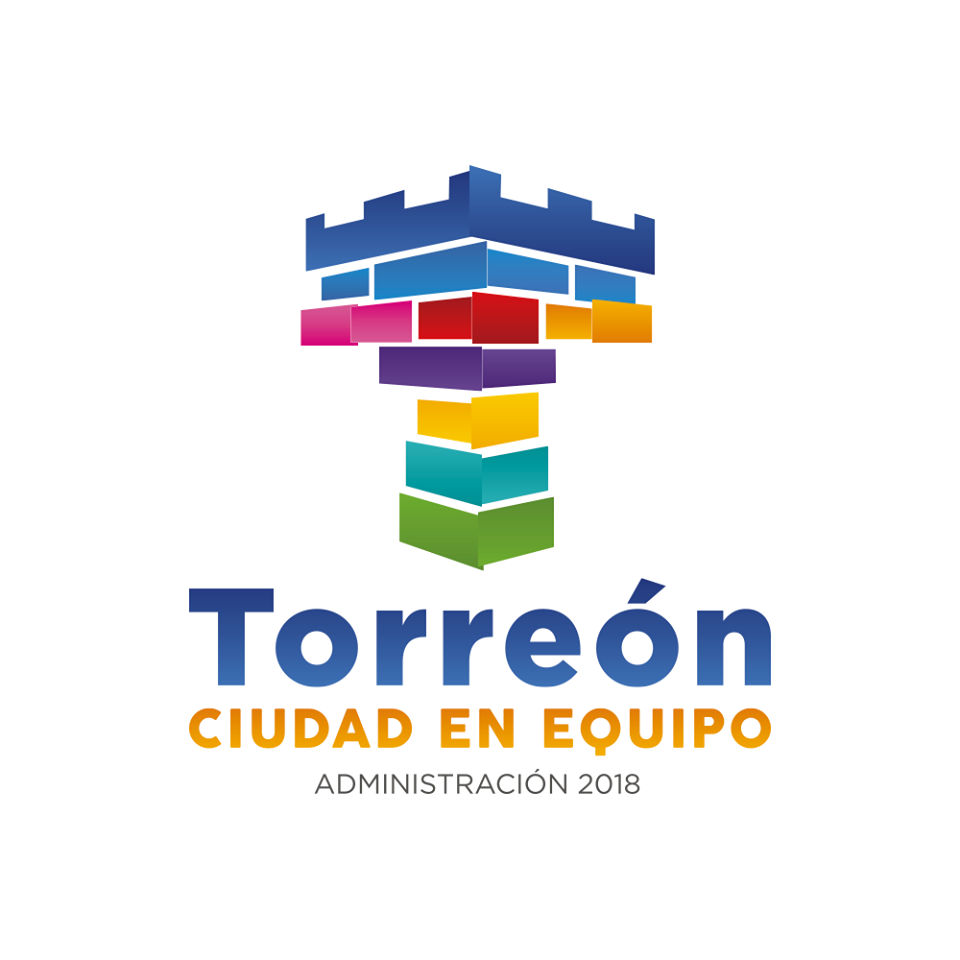 R AYUNTAMIENTO DE TORREÓN ACTUALIZACIÓN DE LA INFORMACIÓN PÚBLICA
R AYUNTAMIENTO DE TORREÓN ACTUALIZACIÓN DE LA INFORMACIÓN PÚBLICAAULA DE CULTURA ABC FUNDACIÓN VOCENTO MIÉRCOLES 22 DE
 O NTARIO POP WARNER YOUTH FOOTBALL & CHEER TAX
O NTARIO POP WARNER YOUTH FOOTBALL & CHEER TAX2011 IFQRG923 COMPARISON OF POTENTIAL ENVIRONMENTAL IMPACTS OF MICROWAVE
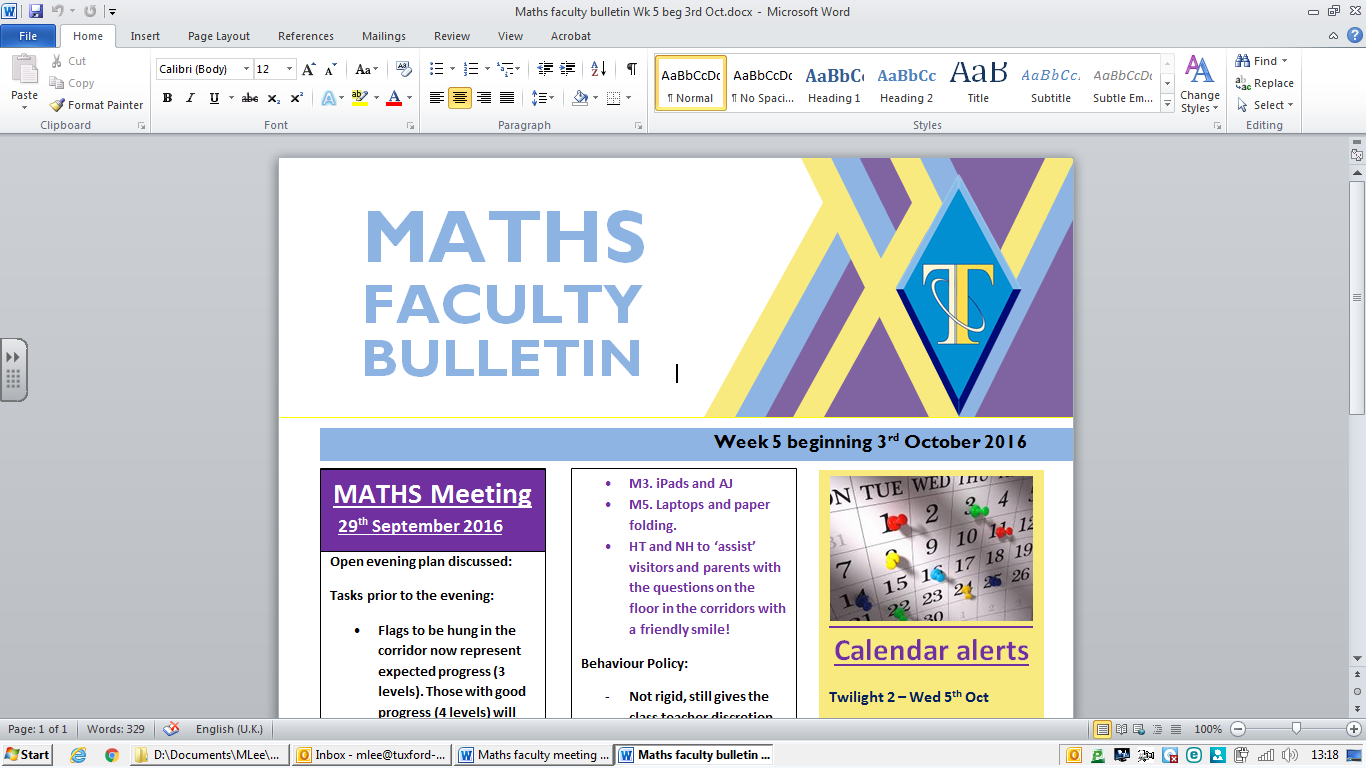 INTRODUCTION TO ALEVEL MATHS BRIDGING UNIT SUMMER 2020 TUXFORD
INTRODUCTION TO ALEVEL MATHS BRIDGING UNIT SUMMER 2020 TUXFORD C ENTRUM PRO ZDRAVOTNĚ POSTIŽENÉ ZLÍNSKÉHO KRAJE VE SPOLUPRÁCI
C ENTRUM PRO ZDRAVOTNĚ POSTIŽENÉ ZLÍNSKÉHO KRAJE VE SPOLUPRÁCIADECCO TT C CONDE MORTONÉS 2 46980 PATERNA (VALENCIA)
WHO WORKING BRIEF SYMPOSIUM ON RECONSTRUCTION OF THE
LONGUS INSTALACJA OPIS INSTALACJI A BUDOWA WYŚWIETLACZA 1
 R E BENNETT SCHOOL SECOND GRADE R STOCK UP
R E BENNETT SCHOOL SECOND GRADE R STOCK UP Form_InvSNC012_-Diagramacion-guias-e-impresion-y-Modulos_oferentes
Form_InvSNC012_-Diagramacion-guias-e-impresion-y-Modulos_oferentes LASER ENGRAVING & CUTTING CONTROL SYSTEM MANUAL LASER ENGRAVING
LASER ENGRAVING & CUTTING CONTROL SYSTEM MANUAL LASER ENGRAVING SAMPLE VOLUNTEER AGREEMENT VOLUNTEER AGREEMENT THIS VOLUNTEER
SAMPLE VOLUNTEER AGREEMENT VOLUNTEER AGREEMENT THIS VOLUNTEER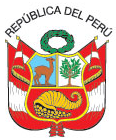 PERÚ MINISTERIO DE ECONOMÍA Y FINANZAS CONASEV COMISIÓN NACIONAL
PERÚ MINISTERIO DE ECONOMÍA Y FINANZAS CONASEV COMISIÓN NACIONAL
